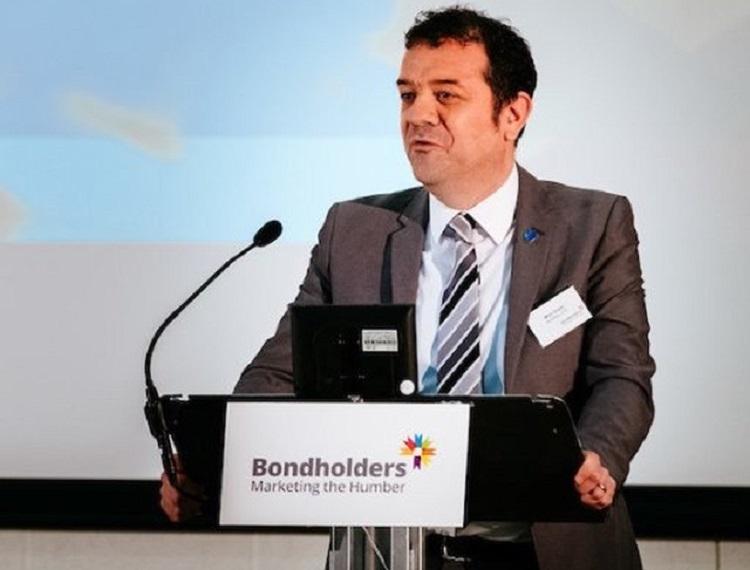Educating students to be work ready

As Principal of a UTC (University Technical College), I was eager to read the All Parliamentary Group for Education’s report on how well schools are preparing young people for the future and their readiness for the workforce, when it came out on May 2nd. My eagerness soon turned to concern when I saw how badly lacking the current education system is in tackling students’ preparedness for careers and the dearth of high quality Information, advice and guidance that exists in schools, while they put all of their efforts in to chasing league tables and Government accountability measures. Surely, there is a different way of bridging the link between what students learn and their pathway to a career that not only matches their needs, but fills local and national demand?
Fortunately, leading Humber Engineering UTC means that I can see there is a way. UTCs were set up by the Baker Dearing Educational Trust with a remit of providing young people from 14-19 with the skills employers need in a unique setting, sponsored by local Universities and backed heavily by industry partners. Huge regeneration across the Humber Energy Estuary ensures that the focus of my college, and many like it across the country – there are currently almost 50 specialising in a wide range of specialisms – are bridging the gap between what industry wants and what colleges deliver. With an engineering specialism, our curriculum is very different to that of a traditional school, in that we not only follow a curriculum to match industry need, we work with industry to co-construct that offer. Don’t get me wrong, a strong set of qualifications is vital for students to make the next step in their life and we don’t ignore that, but how refreshing is it to lead an establishment that gives students a clear understanding of the workplace, puts students in touch with a wide range of partners and makes a connection between what they are studying and how that relates to life. Imagine coming to school and not only learning about industry, but working with real engineers who you aspire to be? All of this backed up with dynamic and aspirational careers advice from people who do the job that you want to do.
Education is not just about learning lots of facts to pass exams, it is about opening young people’s minds to the world of possibilities out there and giving them a helping hand to learn the skills that inspire them to achieve their goals. UTCs do this every day in a creative and positive way. Theory comes hand in hand with practise and there is no doubt that at Humber UTC our strong links with a range of partners, including British Steel, Dong Energy and Phillips 66 to name a few, give our students a clear advantage in the competitive market that exists for our young adults. The Baker Dearing Educational Trust produced a report early in 2017, entitled ‘From School Work to Real Work’ that outlined our unique approach to working with employers in a context that the APPG report says is in huge decline.
One thing is very clear – technical education is here to stay. The UTC movement is making a significant difference to an educational landscape that needs to continue bridging a gap that is in danger of becoming a chasm. With proper investment and time to bed in, I am confident that Humber UTC, and many like us, will continue to go from strength to strength and produce an amazing workforce for the future.
Marc Doyle, Principal, Humber UTC
About Marc Doyle: Marc has had excellent success in turning around the performance of schools. As head of maths at the ‘Educating Yorkshire’ Thornhill School, he led its successful science bid and significantly improved outcomes in the maths department. As principal at South Leeds Academy, he took it out of Ofsted’s lowest category for the first time in its long history. With the sixth form ranked as “good” NEET figures dropping dramatically under his leadership. He is now Pricipal of Humber UTC, which provides a specialist engineering education for students from Year 10 to Year 13.












Responses